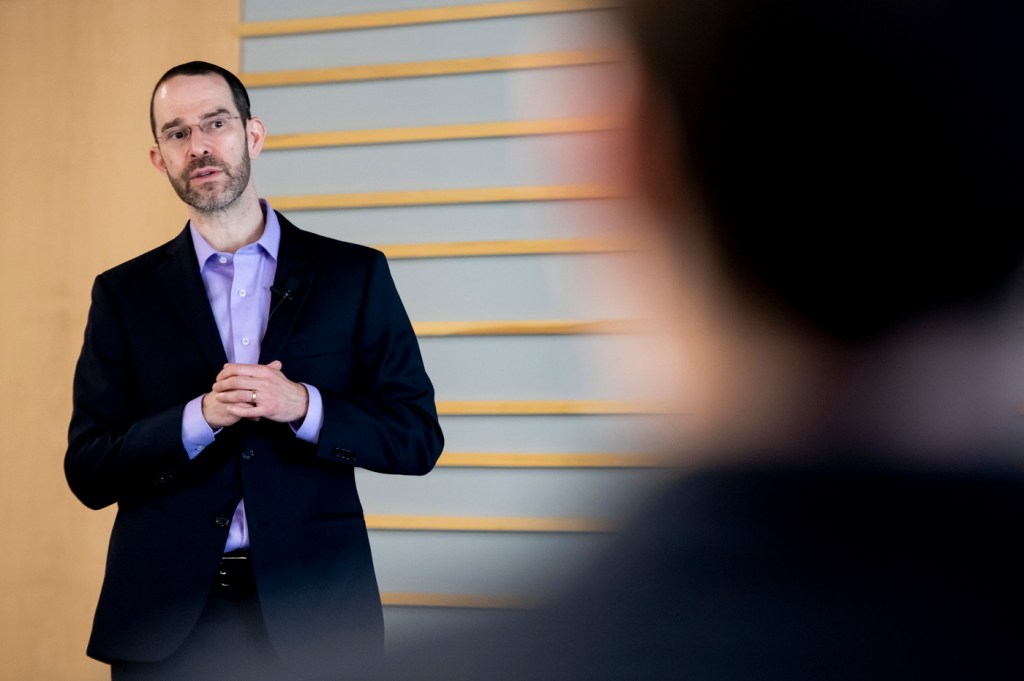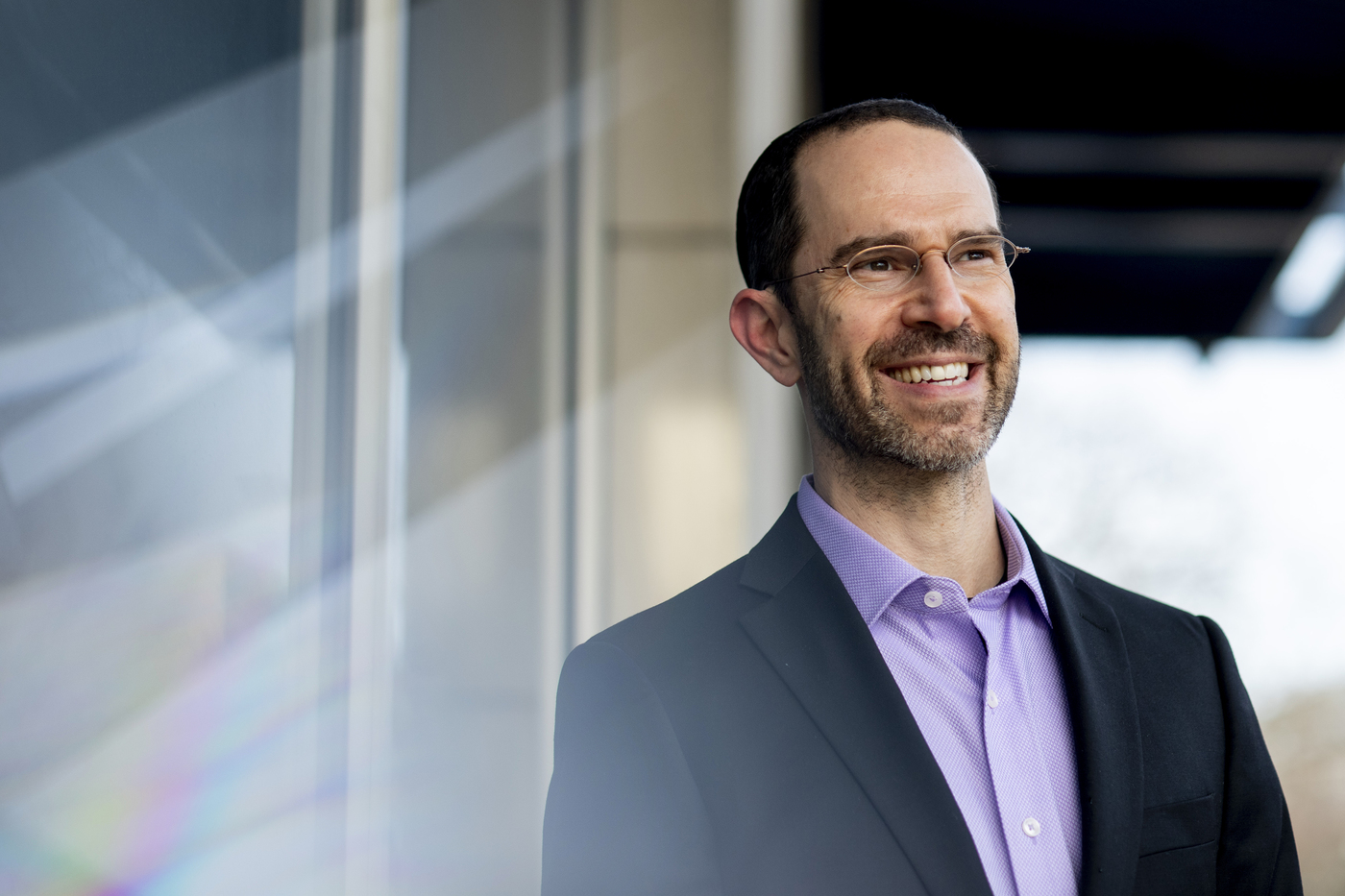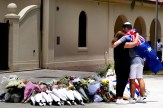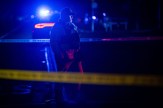To survive and thrive after COVID-19, community networks are key, professor says in annual Klein Lecture

When disaster strikes, it’s often not individual preparedness or government intervention that enables people to survive and thrive—it’s social connections that keep people safe and ready to bounce back, according to Northeastern professor Daniel P. Aldrich, who delivered the 57th annual Robert D. Klein Lecture on Monday.
“Often our societies get ready for disasters through physical infrastructure, but primarily, what helps us survive and thrive is social infrastructure,” said Aldrich, professor of political science and public policy and director of the Security and Resilience Studies Program.

Daniel P. Aldrich, director of the security and resilience studies program and professor in political science and public policy. Photo by Ruby Wallau/Northeastern University
Aldrich has studied the effects of large-scale disasters around the world, such as the 2011 tsunami in Tohoku, Japan; the 2017 hurricane (Irma) in Florida; and he has experienced them firsthand. He and his family had only been living in New Orleans for a month when Hurricane Katrina flooded the Louisiana city in 2005.
In each case Aldrich has studied, he and his colleagues found that the most reliable measure for whether people were able to bounce back after a disaster was the extent of their social networks, he said.
Coastal communities in northeast Japan in which people helped evacuate their elderly neighbors had the lowest casualty rates after the 2011 tsunami, Aldrich said. Communities in Miami that helped to inform each other about the 2017 hurricane’s landfall had the best success in getting people out of harm’s way.
And, for the last year, Aldrich—like almost everyone on the planet—also has been dealing with the COVID-19 pandemic.
Indeed, Aldrich’s address, delivered by video instead of to a standing-room-only lecture hall (as has historically been the case for the annual Klein Lecture), was evidence of the myriad ways the disease has changed daily life.
The lectureship was established in 1964 and is given each year to a member of the teaching faculty who has contributed with distinction to his or her field of study. The award was renamed in 1979 in tribute to the late Robert D. Klein, a professor of mathematics who served as chair of the Faculty Senate Agenda Committee and vice chair of the Faculty Senate.
Aldrich and his colleagues are studying COVID-19, too, and though the research is still developing, it’s likely that communities will need to rely upon social connections to emerge from this crisis, as well, he said.
“Often we think of this as an individual responsibility: Are you wearing a mask? Maintaining a safe distance?” Aldrich said of the COVID-19 response. “But, a year into this pandemic, we’re finding strong evidence that social ties are making a difference as well.”
So, what can communities do to strengthen their social ties?
“Be a good neighbor,” Aldrich said. “Our neighbors are often our zero-responders; on the scene before even the first responders.”
Aldrich added that bolstering civic engagement, creating parks and other open spaces for neighbors to gather, and utilizing faith-based organizations to foster togetherness also are ways to create stronger social connections.
“The real engine for recovery and survival comes primarily from networks: The people we know, and the people we interact with every day,” Aldrich said. “The good news is that these kinds of ties are not set in stone. You can build social capital.”
For media inquiries, please contact media@northeastern.edu.





